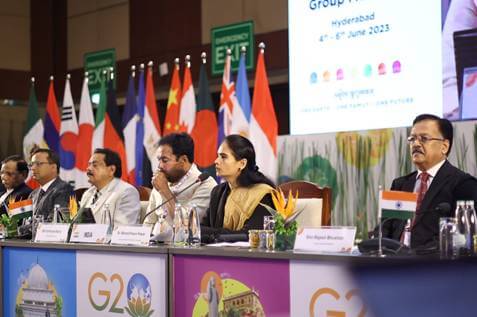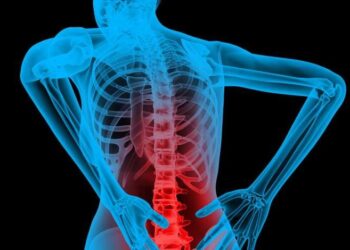“The threat of pandemics is far from over. The need is to integrate and strengthen One Health-based surveillance systems.” This was stated by Dr Bharati Pravin Pawar, Union Minister of State for Health and Family Welfare during her address to the 3rd Health Working Group meeting under G20 India Presidency, here today. Shri G Kishan Reddy, Union Minister of Tourism, Prof SP Singh Baghel, Union Minister of State for Health and Family Welfare and Dr V K Paul, Member (Health), NITI Aayog were also present on the occasion.
Underlining the importance of global collaboration and partnerships, Dr Bharati Pravin Pawar said that “the COVID-19 pandemic highlighted that partnerships are most fruitful only when developed during peacetime and not amidst an ongoing pandemic; and that we need to focus on creating resilient health systems, with primary health as its cornerstone.” She further stated that “partnership we share as G20 members is vital and facilitates in building trust, sharing knowledge, creating networks and working together to achieve meaningful impact and results.”
Dr Pawar also highlighted the need for availability of safe, effective and quality medical countermeasures. Stating that India’s G20 Presidency is working towards building consensus for an end-to-end Global Medical Countermeasure (MCM) ecosystem, following a Network of Networks approach and leveraging existing global and regional initiatives, Dr Pawar urged the leadership of G20 countries to create an interim platform which will be guided by the Intergovernmental Negotiating Body (INB) process and will feed into the same.
Acknowledging the convergence between G7 and G20 priorities, including the launch of MCM Delivery Partnership during Japan’s G7 Presidency which aligns with G20’s proposal of an end-to-end MCM ecosystem, Dr Pawar urged the global community to strengthen ongoing efforts in that direction. “Pandemics may not wait for the finalization of the Pandemic Treaty and hence, the time to act is now”, she stated.
Dr Pawar also informed the delegates of India’s proposal of a Global initiative on Digital Health, a WHO-managed network to converge ongoing initiatives in use of technology in the global health arena. She stated that “this initiative can enable bridging the digital divide amongst nations and ensure that the fruits of technology are made available to every citizen of the world.”
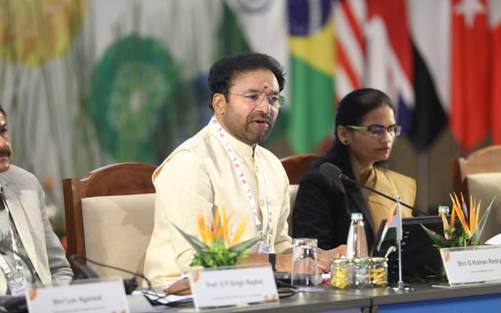
Underscoring the contribution of Indian traditional knowledge systems to healthcare, Shri G Kishan Reddy stated that “Indian traditional knowledge system propagated preventive and holistic wellbeing for all”. He highlighted the significant impact of Ayurveda and Yoga across the world. He stated that “Indian civilization and cultural heritage has given us the Ayurveda or the Science of Lives which is a five-thousand-year-old medical practice. Similarly, Yoga has emerged as one of the most trusted practices to boost both physical and mental wellbeing.”
Highlighting the vision of Hon’ble Prime Minister to make India one of the new hubs of medical value travel, the Union Tourism Minister said that India is home to affordable, efficient and reliable healthcare which positions the country as a go to destination for medical value travel. He also informed that India is among the top ten countries preferred by people all over the world for health and wellness.
Shri Kishan Reddy stated that “India takes great pride in being a reliable partner in the noble vision of saving lives and protecting livelihoods” and highlighted India’s recognition as the “Pharmacy of the World”. He stated that the Genome Valley in Hyderabad alone contributes close to 33% of world’s vaccine production.
The Union Tourism Minister emphasized that India is committed to achieving universal healthcare for all by 2030. He concluded his speech by stating that “there cannot be a better platform than the G20 to support, harness, and facilitate the power of Universal Healthcare to build a healthy and motivated world”.
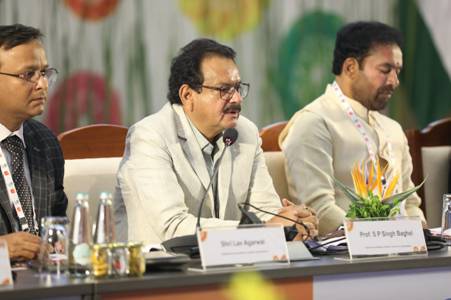
Prof S P Singh Baghel noted that pandemic prevention, preparedness and response require diverse multilateral efforts. “The recent Covid 19 pandemic taught us that only through a sustainable health system a sustainable economy can be built. Effective pandemic prevention, preparedness, and response can only be facilitated through continuous interventions in the health sector at the regional, national, and global levels”, he stated.
The Union Minister stated that India aims to ensure best health facilities, vaccines, therapeutics and diagnostics for all through the platform of the G20. He commended the efforts of the G20 Joint Finance and Health Task Force and the G7 for prioritizing the issue of financing health systems and societies in the face of an emergency, besides preparedness financing. He also noted that International Financial Institutions and Multilateral Development Banks and Funds like the Global Fund and Pandemic Fund can play a significant role in assisting resource-constrained regions to build common goods and public capabilities.
Shri Rajesh Bhushan, Union Health Secretary stated that “’Health for All’ is an important agenda outlined in the Sustainable Development Goals. It was also a pertinent theme in the recently concluded 76th World Health Assembly”. He noted that the theme of India’s G20 Presidency, i.e., “One Earth, One Family, One Future” also alludes to the wider concept of Universal Health Coverage. Underscoring the need to converge the ongoing parallel discussions in Global Health Architecture in Health Emergency Preparedness, Prevention and Response; Medical Countermeasures and Digital Health, he stressed on the need to break the existing silos and reduce fragmentation. “It is critical to integrate all existing global health initiatives, global and regional health processes like G7, G20 and UNGA by jointly harnessing our strengths for a fit-for-purpose global health architecture”, he stated.
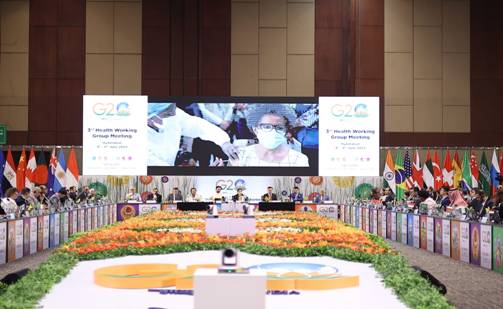
The Indonesian and Brazilian Troika members commended the Indian Presidency for underlining the three health priorities. They stated the need to collectively accelerate our efforts towards strengthening pandemic preparedness, prevention and response measures and create a fit-for-purpose global health architecture.
Dr. Rajiv Bahl, Secretary, Dept of Health Research and DG, ICMR; Shri Abhay Thakur, Additional Secretary, Ministry of External Affairs and Sous Sherpa of India’s G20 Presidency, Shri Lav Agarwal, Additional Secretary, Ministry of Health and Family Welfare, Smt. Hekali Zhimomi, Additional Secretary, Ministry of Health and Family Welfare, representatives from the G20 member countries, special invitee countries, international organizations, forums and partners like WHO, World Bank, WEF etc., and senior officers of the Union Government were present.
Source:PIB







 Finance
Finance